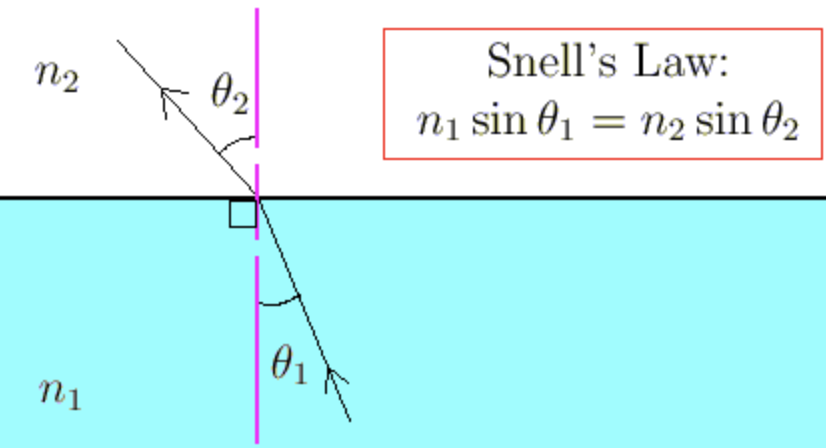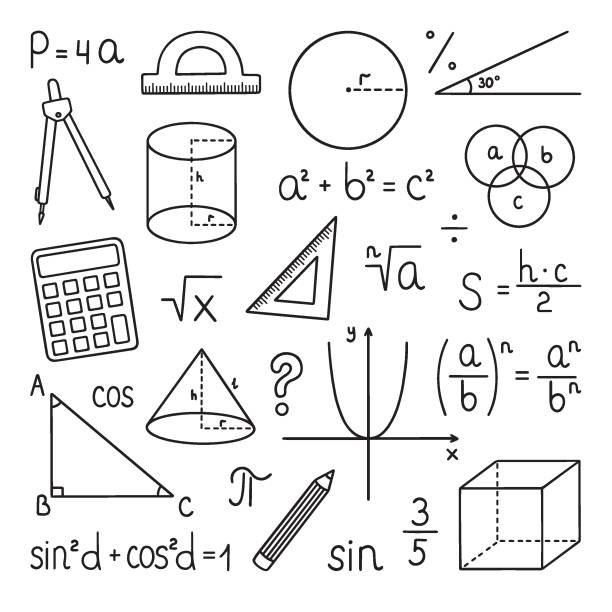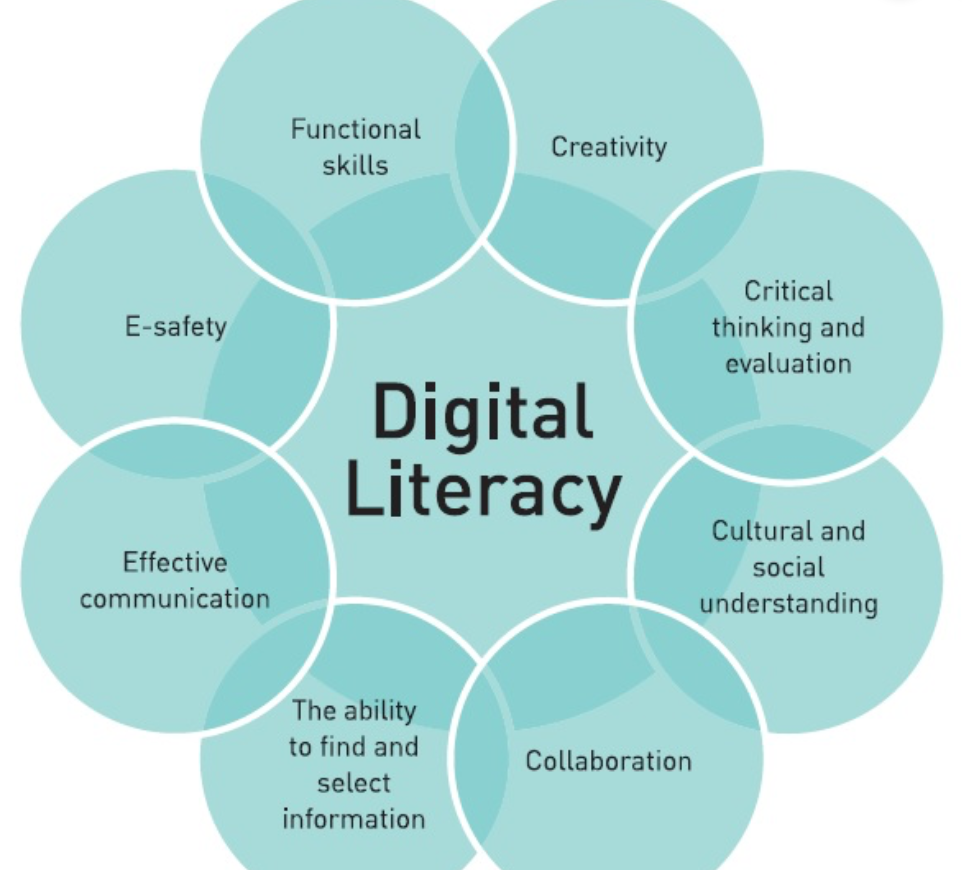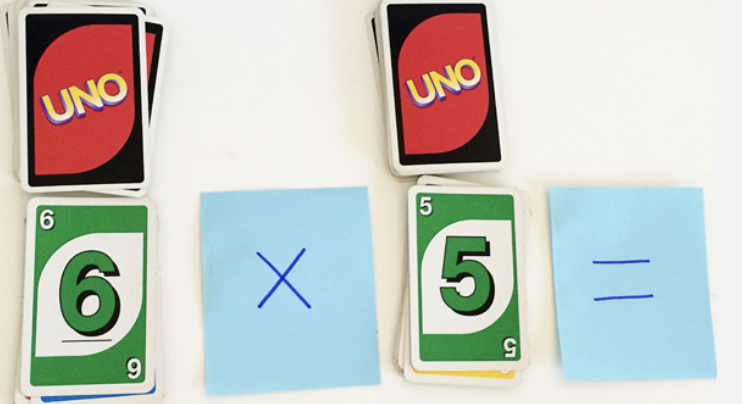
Studying with friends can be great or completely unproductive. It really depends on how it’s done, who you’re working with, and what you actually need to achieve in that session. For some students, it becomes a valuable way to reinforce learning. For others, it turns into three hours of pretending to work and getting nowhere.
There are definite upsides to studying together. Explaining a concept to someone else is one of the best ways to test whether you truly understand it. A good study group can also help you stay motivated and on track, especially when you’re covering difficult topics or feeling overwhelmed. If everyone’s focused and brings something to the table, it can speed up understanding and make study feel less isolating.
But it doesn’t always work that way. Group study can easily fall apart when people are at different levels, get distracted, or start relying on others instead of doing the thinking themselves. If you find yourself just copying answers or zoning out while someone else talks, it’s probably not helping.
The key is structure. Go in with a clear goal, whether it’s quizzing each other, reviewing past paper questions, or taking turns teaching a concept. Keep it short and focused. If it starts drifting, it’s probably time to stop.
In the end, some things are better learned alone, and others benefit from discussion. The trick is knowing which is which and being honest with yourself about what’s actually working.
Michael Fry










